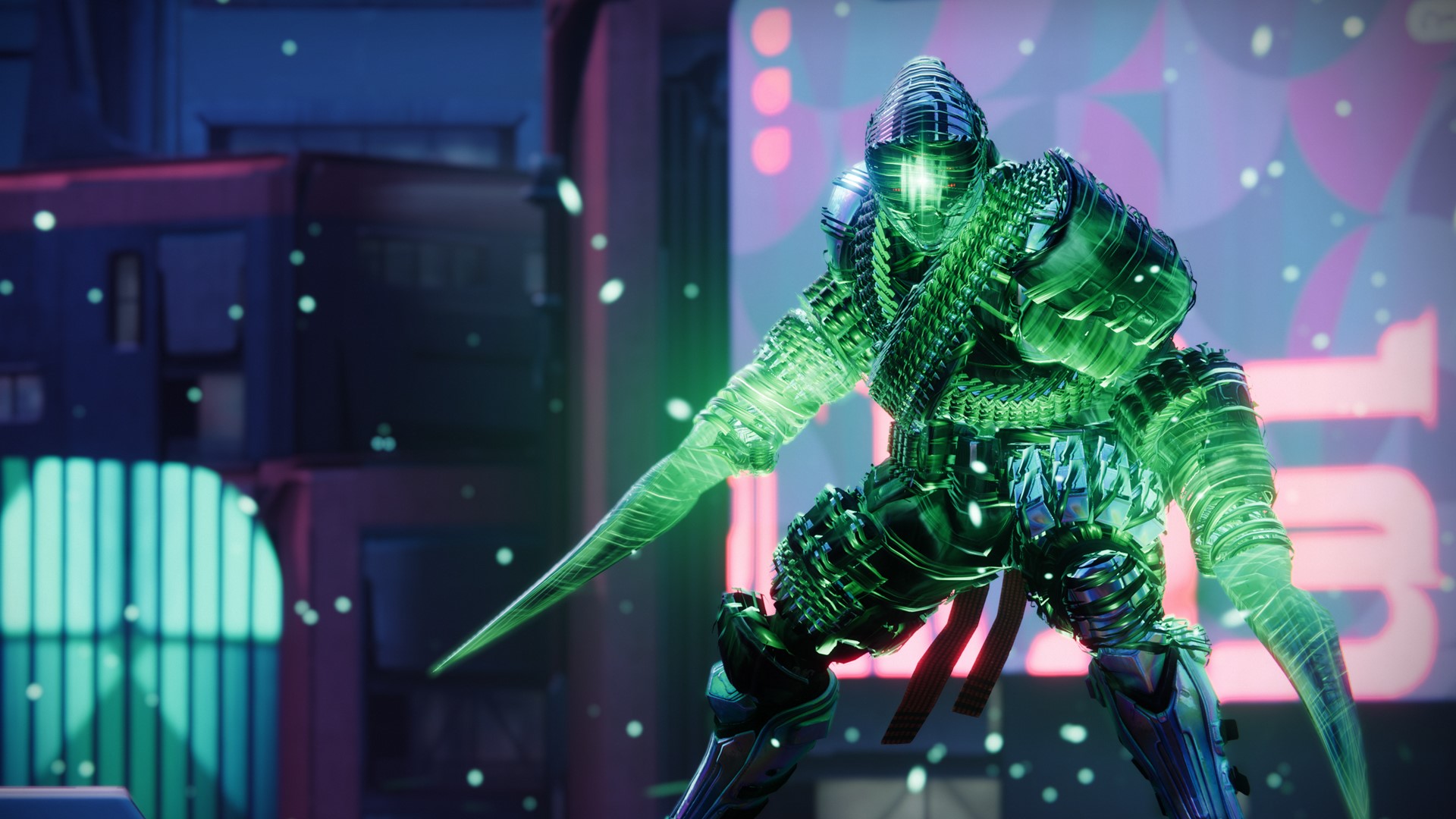Bungie warns Destiny 2 cheat makers: Your days of operating 'without fear of consequences are over'
The Destiny 2 studio has filed a new lawsuit against the makers of the Ring-1 cheat.

Bungie has in recent years been very aggressive in its pursuit of Destiny 2 cheat makers, and not at all shy about saying so. Based on the opening line of its most recent legal action (via Torrentfreak), filed against the makers and sellers of the Ring-1 cheat, it has no intention of stopping anytime soon.
The action actually began in May 2021, when Bungie joined up with Ubisoft to file a joint lawsuit against Ring-1. The two companies reached a settlement with three of the four named defendants in the case in late 2022, but the fourth failed to respond to the suit, and so Bungie and Ubisoft requested a default judgment of $2.2 million.
The judge in the case rejected that request, however, ruling that the fourth defendant was "not an original developer of the software or an original participant in the Ring-1 enterprise," but instead appeared to be "akin to a customer service representative." That decision meant the defendant wouldn't have to pay anything. Worse, the Ring-1 website remained online.
The new lawsuit, filed on August 1, names 10 other defendants (most of them by alias) along with 40 "John Does," and it begins with a bang: "The days of Destiny 2 cheaters being free to engage in a wholesale assault on the Destiny 2 game and its community without fear of consequences are over."
This suit leans heavily into Bungie's previous prior wins over cheat makers, noting that they specifically targeted "the corporate entities and individuals who profit from making, selling, supporting, and otherwise proliferating malicious cheat software." The rulings in those lawsuits "have repeatedly confirmed that the sale and use of cheat software violates a raft of federal and state laws, breaches users’ contracts with Bungie (the Limited Software License Agreement, or 'LSLA,' that governs access to Destiny 2), and is a basis for significant tort liability."
Those wins have been widely reported, Bungie said, which means that the Ring-1 defendants are well aware by now that their actions are illegal, and have had more than sufficient time to knock it off voluntarily. And yet they have continued to make and sell their cheat software, "secure in the belief that they can avoid consequences for it."
The suit goes on to define the various parties involved, Bungie's efforts to deter cheaters, and Ring-1's persistence in circumventing that work, including copyright infringement, civil RICO [Racketeering Influenced and Corrupt Organizations] violations—wire fraud, criminal copyright infringement, and money laundering—DMCA violations, Computer Fraud and Abuse Act violations, civil conspiracy, and more.
The biggest gaming news, reviews and hardware deals
Keep up to date with the most important stories and the best deals, as picked by the PC Gamer team.
Given Bungie's string of wins in court, I would expect this lawsuit to end pretty much the same way: With some spare cash for Bungie, and another cheat maker gone. For now, though, Ring-1 is still online, and still selling "undetected" cheats, for a whopping $59 per month. I would strongly urge you not to indulge.

Andy has been gaming on PCs from the very beginning, starting as a youngster with text adventures and primitive action games on a cassette-based TRS80. From there he graduated to the glory days of Sierra Online adventures and Microprose sims, ran a local BBS, learned how to build PCs, and developed a longstanding love of RPGs, immersive sims, and shooters. He began writing videogame news in 2007 for The Escapist and somehow managed to avoid getting fired until 2014, when he joined the storied ranks of PC Gamer. He covers all aspects of the industry, from new game announcements and patch notes to legal disputes, Twitch beefs, esports, and Henry Cavill. Lots of Henry Cavill.

